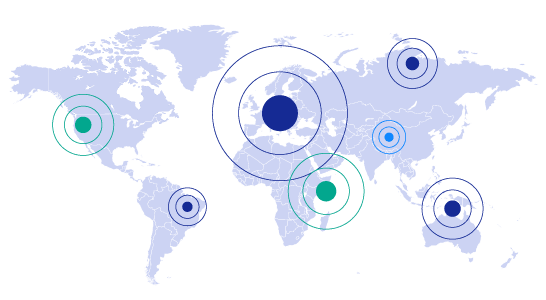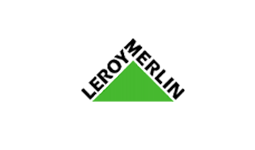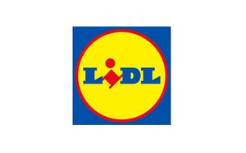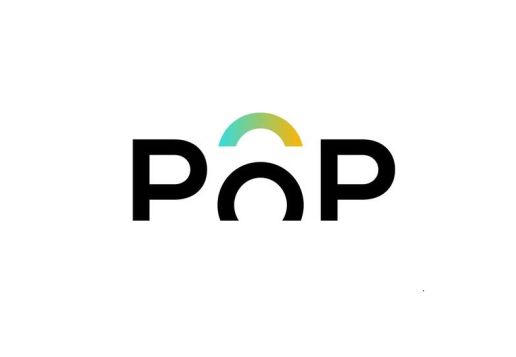Mandatory Electronic Invoicing in Singapore
Stay ahead of the global shift toward digital compliance, starting with your operations in Singapore and across the world.
Stay ahead of the global shift toward digital compliance, starting with your operations in Singapore and across the world.

Singapore was one of the pioneers in the field of e-invoicing in the ASEAN region and introduced the obligation to use electronic document exchange in 2018. Since then, it has been a rule in B2G relations that government authorities exchange e-invoices with private companies via Peppol network.
The Infocomm Media Development Authority (IMDA) established in 2019, which was the first accredited Peppol Authority operating outside Europe, intends to digitize and promote electronic invoicing in Singapore. In order to reduce errors, time spent processing invoices and payments, IMDA has created a nationwide network for e-invoicing - InvocieNow and promotes the adoption of electronic invoicing in the private sector.

At this moment e-invoicing for B2B and B2G is not mandatory in Singapore at any level however, it is strongly recommended by IMDA for both uses. Invoices issued via InvoiceNow are valid documents for tax purposes.
Singapore’s Inland Revenue Authority (IRAS) has announced plans to enable wider use of the country's new InvoiceNow system and, as a first step, some of the entities already registered for the GST system will be able to take part in the voluntary soft launch. Ultimately, GST-registered companies will submit invoice data to IRAS using InvoiceNow solutions via the InvoiceNow network. This new requirement will be implemented gradually:
A soft launch for early adoption will commence from 1 May, 2025, allowing all existing GST-registered businesses to transmit invoice data voluntarily to IRAS using InvoiceNow solutions via the InvoiceNow network.

Singaporean IMDA authority maintains a nationwide network under the name InvoiceNow. E-invoices are exchanged based on the PEPPOL interoperability framework. The accepted format is Peppol BIS Billing 3.0
In addition to serving domestic purposes, the network allows transacting with entities participating in the broader Peppol Network. Furthermore, it is designed to complement existing EDI through straightforward integration.

Integrity and authenticity must be ensured. An Advanced Electronic Signature can be used to meet these requirements.
Singapore-based entities with valid UEN (Unique Entity Number) must also obtain CorpPass KYC certification before using InvoiceNow. This requirement does not apply to foreign entities with or without UEN.

Required storage period is 5 years.


Comarch is currently participating in the certification process to become the authorisied Peppol Service Provider in Singapore.
We have 20+ years of experience in carrying out various EDI, e-invoicing, and other document exchange projects around the world. In those years, we have successfully connected more than 130,000 entities from over 60 countries.
Full compliance with the latest data exchange regulations and modern data transfer standards
Applying new technologies and IT solutions in order to streamline workflows and automate activities and procedures
Tailor-made solutions based on processes specific to each company – own road map and a suitable pace of changes
Highest level of security for all sensitive and important company data
If your company is based or has branches in the Singapore and you need to prepare your billing and tax systems to comply with the new requirements. Click on the button below to get in touch with one of our experts.

Make sure your business meets international standards with the Comarch e-Invoicing platform, trusted in more than 60 countries. Enjoy hassle-free integration and continuous compliance updates.



























